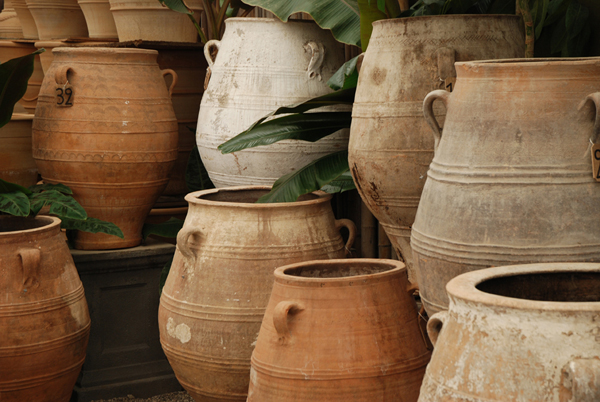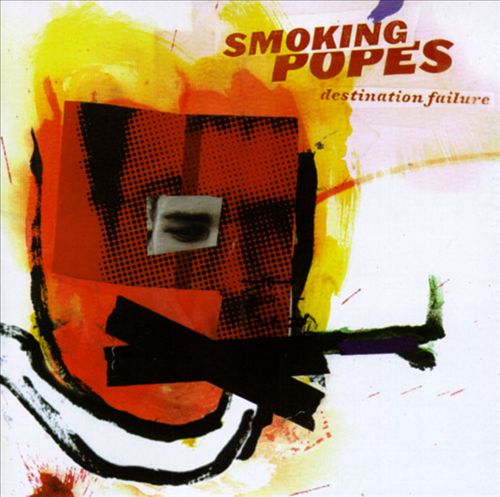The First Reading is Daniel 1:1-17..
The Book of Daniel is a fun book that is hard to interpret and understand. The book begins with stories about Daniel and his friends and ends with Daniel trying to understand the visions he’s received. The book begins shortly after the king of Judah is deposed by Babylon (about 10 years before Jerusalem’s fall). Daniel and 3 friends are, as our reading shares, members of the nobility. They are picked (along with others) out of all the exiles because of their good looks and intelligence. They will be trained to be members of the royal court and to oversee various administrative duties necessary in the Empire. The king provides food and drink for them but Daniel refuses to partake. He, like many immigrants, sees what he eats as a sign of his relationship to where he’s come from and who he is. In Daniel’s day, meat and other food items were typically offered to the gods before the people. Eating this food means being in relationship with those gods. Daniel wants to follow God so he uses food as a way to stay close to God while living in Babylon.
Food stands in for the line we walk on to be with God. And this line is central to the book of Daniel. When we strip away the difficulties in the book (what the visions stand for, why does Daniel describe events that happen hundreds of years after the Exile, and why is the book written in 2 different languages), the line between walking with God and not, shines through. As the story grows, Daniel is confronted by evil personified by the kings of Babylon. The military and cultural might of Babylon tries to drive Daniel away from God. And this line is easy to cross but, with God’s help, Daniel hangs onto God. Even when Daniel is confronted with things he does not understand, like the destruction of Jerusalem, he turns to God in prayer (chapter 9). With God’s love, guidance, and grace, we are able to walk with God no matter what hardships come our way. With God’s help, we are able to see the line we’re called to walk on. And this line with God is, like all lines, infinite in length, showing that evil will never have the final word. God’s journey with us continues through today and beyond.
Each week, I write a reflection on one of our scripture readings for the week. This is from Christ Lutheran Church’s Worship Bulletin for 9/18/2016.


